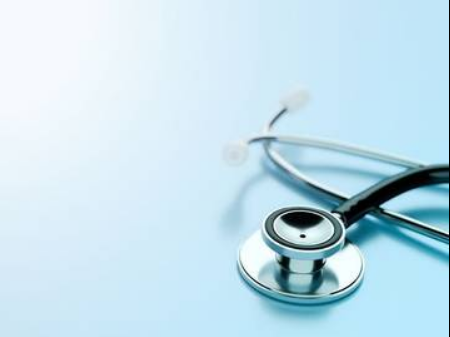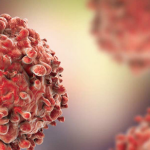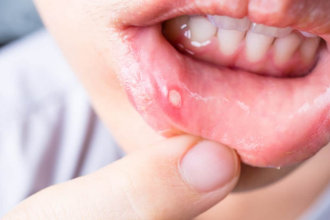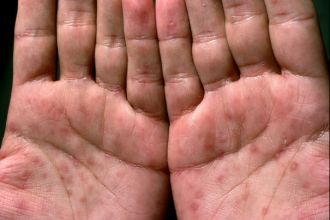A medical doctor has issued a strong warning about the long-term use of certain drugs that could lead to kidney damage — a condition that often develops silently until it becomes severe.
According to health experts, the kidneys play a vital role in filtering waste and regulating blood pressure, electrolytes, and water balance. But prolonged exposure to certain medications can impair kidney function, leading to chronic kidney disease (CKD) or even kidney failure……CONTINUE READING
⚠️ Drugs You Should Not Use for Long Periods:
1. Non-Steroidal Anti-Inflammatory Drugs (NSAIDs)
-
Examples: Ibuprofen (Advil, Nurofen), Diclofenac, Naproxen
-
These are common painkillers, but when used excessively or for too long, they reduce blood flow to the kidneys, which can cause damage over time.
2. Certain Antibiotics
-
Examples: Gentamicin, Vancomycin, Amphotericin B
-
These are powerful medications but can be toxic to the kidneys when used for prolonged periods or in high doses.
3. Proton Pump Inhibitors (PPIs)
-
Examples: Omeprazole, Lansoprazole
-
Used for acid reflux and ulcers, PPIs have been linked to an increased risk of chronic kidney disease with long-term use.
4. Diuretics (Water Pills)
-
Often prescribed for high blood pressure or heart failure, overuse can lead to dehydration and electrolyte imbalance, affecting kidney function.
5. Lithium (for Mental Health Disorders)
-
Long-term use requires regular monitoring as it can cause permanent kidney damage over time.
👨⚕️ Doctor’s Advice:
“Many of these drugs are safe when used as prescribed and for a short duration,” said Dr. Chuka Nwankwo, a Lagos-based nephrologist. “The danger lies in self-medication, overuse, or taking them without proper medical supervision.”
He emphasized that regular check-ups, kidney function tests, and doctor consultations are key if you’re on any long-term medication.
✅ What You Can Do:
-
Always follow your doctor’s instructions on dosage and duration.
-
Avoid self-medication, especially with painkillers and antibiotics.
-
Drink enough water and live a kidney-friendly lifestyle.
-
Ask your doctor for safer alternatives if you have pre-existing kidney conditions.
Kidney damage often shows no symptoms until it’s too late. If you regularly use any of these drugs, especially without supervision, it’s time to re-evaluate. Protect your kidneys today to avoid lifelong complications tomorrow.






